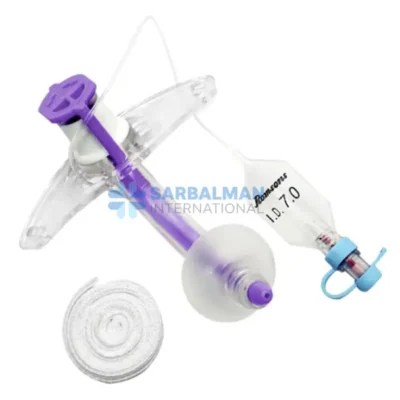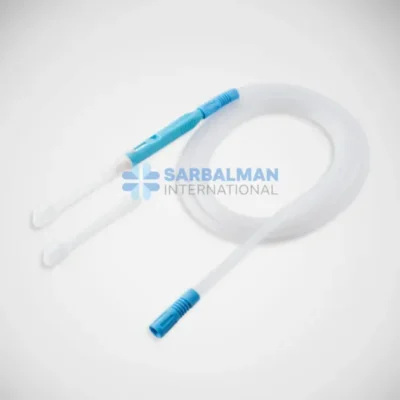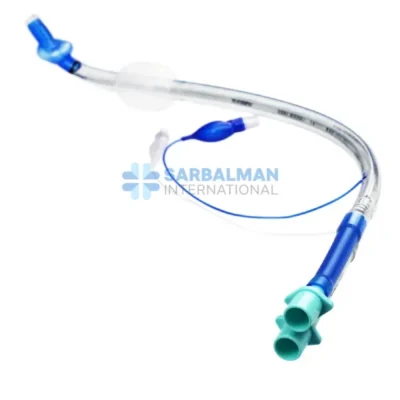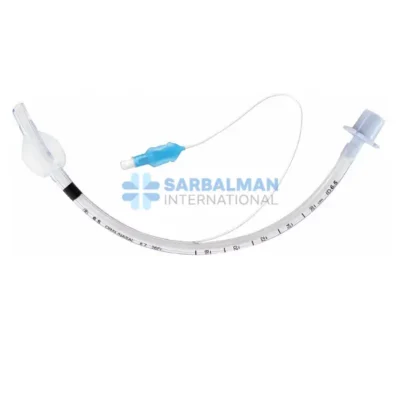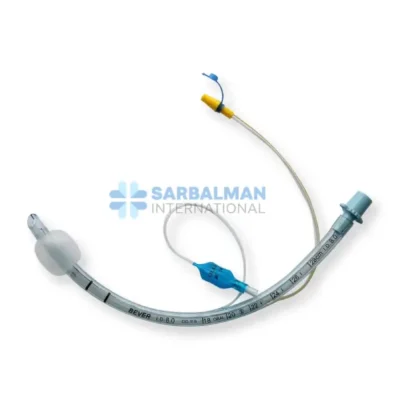Spinal Needle
Free!
Description
The Spinal Needle is a precision-engineered medical instrument designed for safe and accurate access to the subarachnoid space during spinal anesthesia, diagnostic lumbar puncture, or therapeutic interventions. It is a critical tool used by anesthesiologists, neurologists, and other trained medical professionals to administer medication or collect cerebrospinal fluid (CSF) with minimal risk and maximum control.
Spinal needles typically feature a thin, long, and hollow shaft with a sharp, atraumatic tip (such as a Quincke or pencil-point design) that allows for smooth penetration through tissues while minimizing trauma to surrounding nerves and reducing the risk of post-dural puncture headaches. They come in various gauges and lengths to accommodate patient anatomy and clinical needs.
Key Features & Benefits:
-
Atraumatic Tip Design: Helps minimize tissue damage and patient discomfort during procedures.
-
Clear Depth Markings: Ensure accurate needle placement and control.
-
Stainless Steel Construction: Offers strength, corrosion resistance, and biocompatibility.
-
Removable Stylet: Prevents tissue coring and facilitates clear cerebrospinal fluid flow once in place.
-
Available in Multiple Sizes: Accommodates both adult and pediatric applications.
-
Sterile & Disposable: Designed for single use, reducing risk of cross-contamination.
Common Applications:
-
Spinal Anesthesia: Used to deliver anesthetic agents for procedures like cesarean sections, lower limb surgeries, and urological operations.
-
Lumbar Puncture (Spinal Tap): Diagnostic use for conditions such as meningitis, multiple sclerosis, or intracranial pressure assessment.
-
Intrathecal Chemotherapy: Enables direct medication administration into the cerebrospinal fluid.
-
Pain Management: Applied in procedures involving intrathecal delivery of analgesics.
Comparison to Similar Products:
Compared to epidural needles, spinal needles are thinner and designed for precise entry into the subarachnoid space. The pencil-point tip variation is preferred in many clinical settings due to its lower incidence of complications, making it ideal for procedures requiring delicate precision.
Certifications & Standards:
Spinal needles are usually manufactured in accordance with ISO 13485 standards and may conform to pharmacopoeia requirements and CE marking or equivalent national/international regulatory certifications, ensuring consistent performance and safety.

![[3_22 pm, 8_8_2025] Lussy Sarbalman International_ Small Centrifuge without Timer [3_46 pm, 8_8_2025] Lussy Sarbalman International_ Spinal Needle](https://sarbalmaninternational.com/wp-content/uploads/2025/07/3_22-pm-8_8_2025-Lussy-Sarbalman-International_-Small-Centrifuge-without-Timer-3_46-pm-8_8_2025-Lussy-Sarbalman-International_-Spinal-Needle-570x570.webp)

